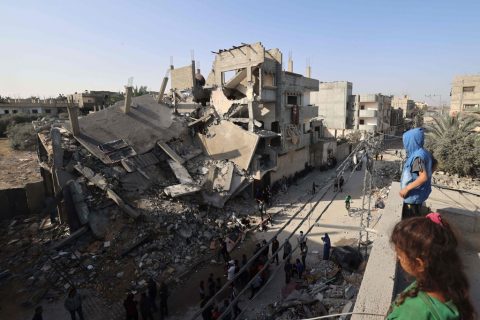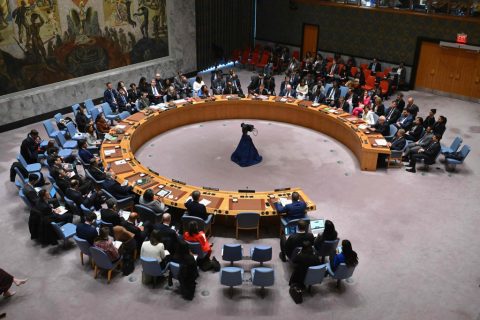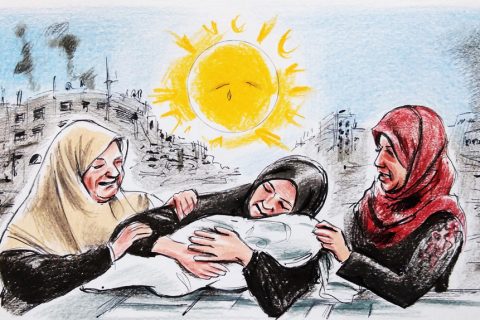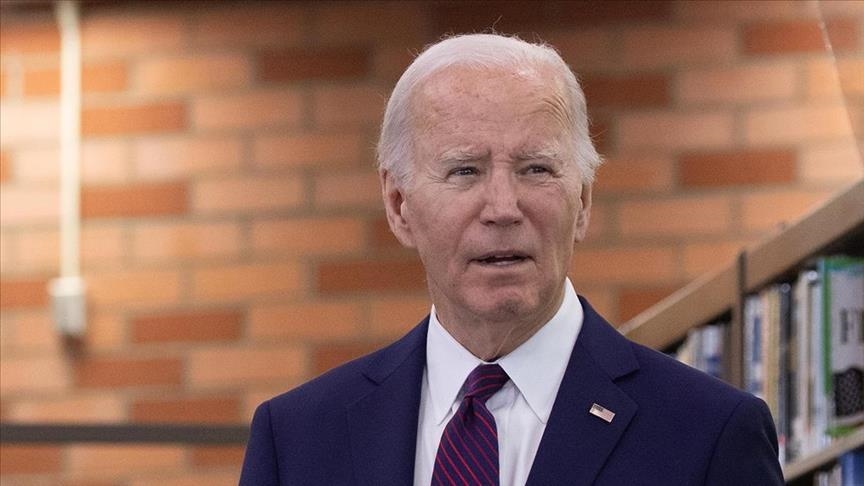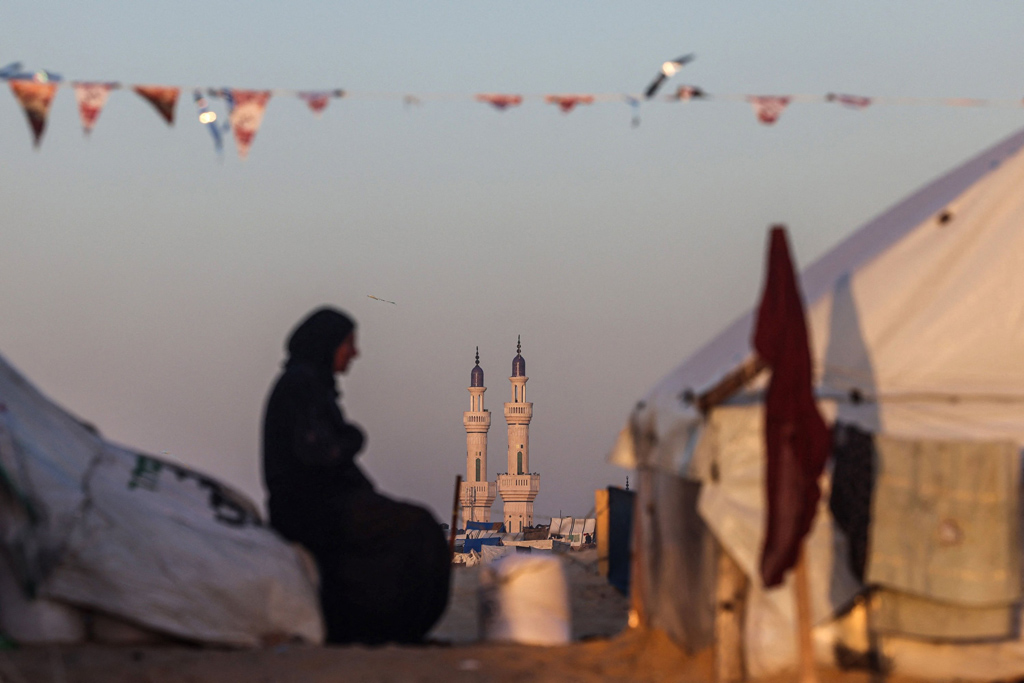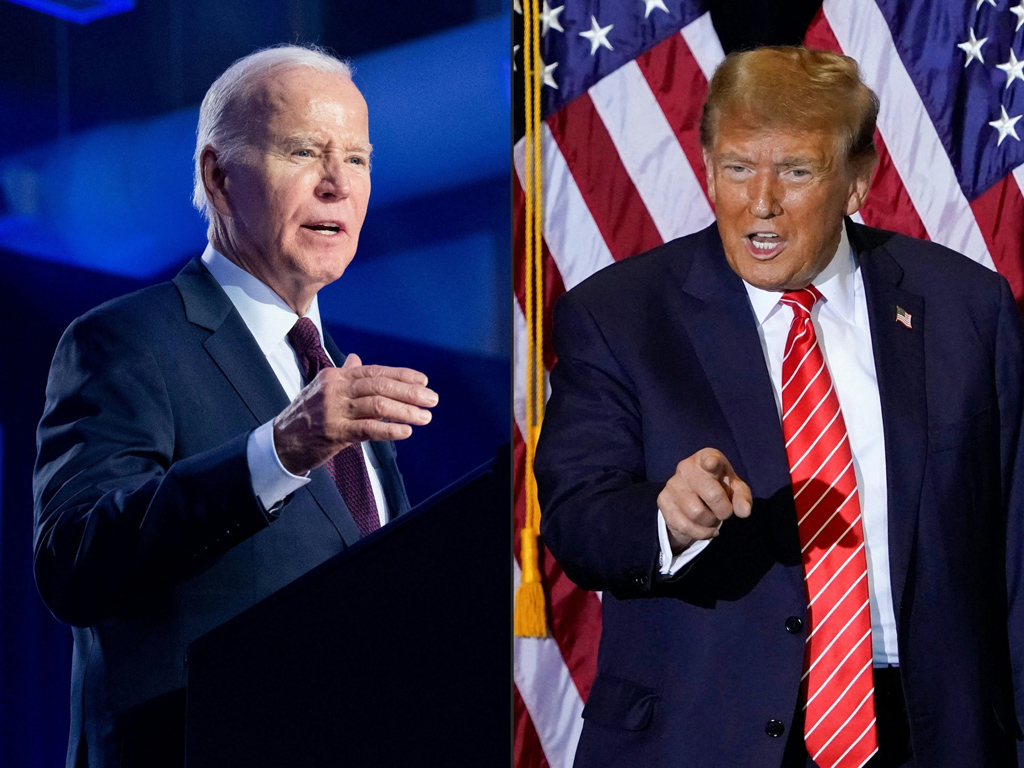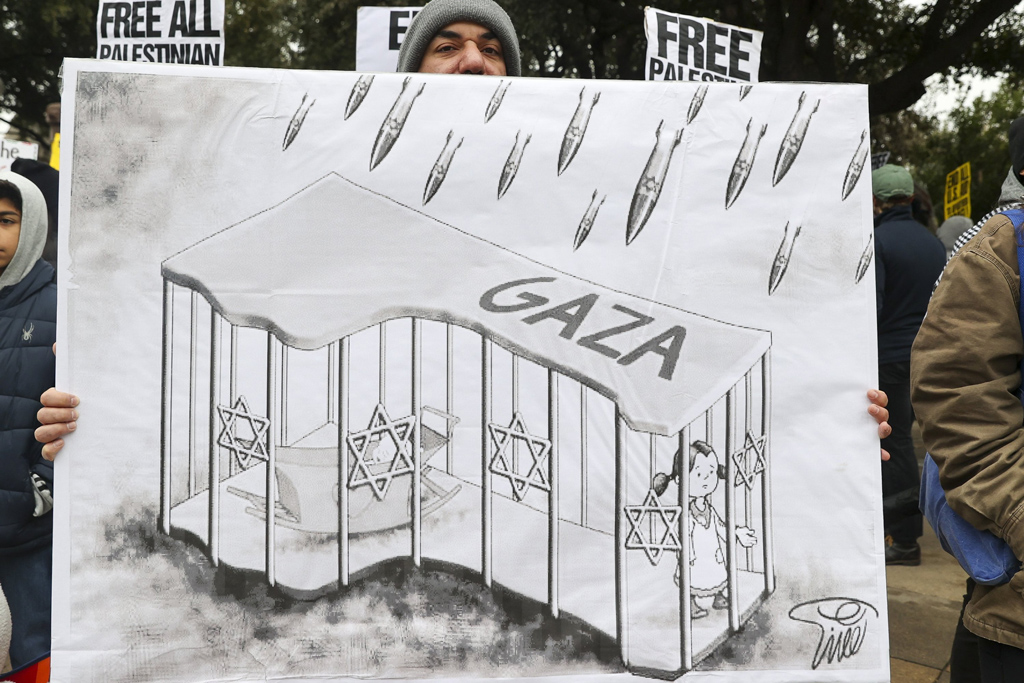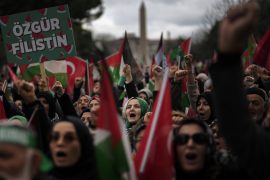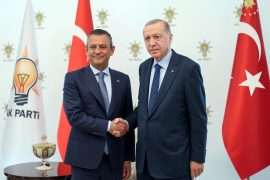Rafah
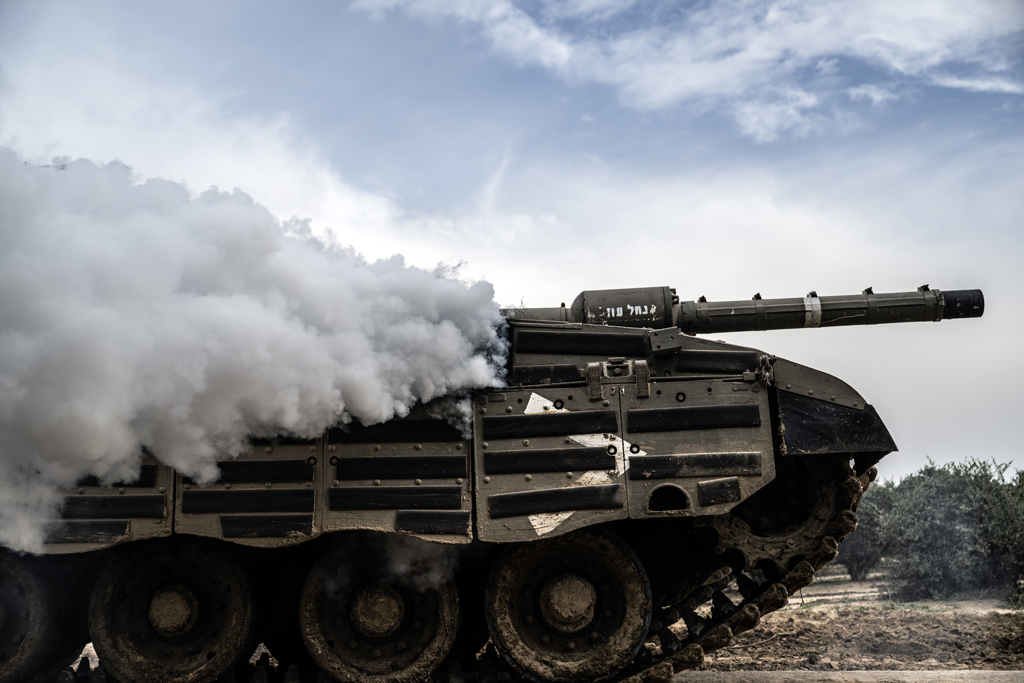
Hamas’ acceptance of ceasefire and Israel’s Rafah operation
| OpinionDespite Hamas announcing its acceptance of the ceasefire on Monday, Israel stated that the agreement …
-
Opinion
Recent developments in Palestine amid Israeli aggression
By Muhittin AtamanAlthough Israel’s genocidal attacks and the suffering of the people of Gaza continue to occupy the main agenda of world politics, there have been important developments in Palestine recently. There are many efforts to divert the attention of people and governments from Israel's brutality. However, none of these attempts have succeeded in taking Gaza off the agenda. Even the brutal terrorist attack in Moscow did not distract the international community.
-
Opinion
Will Israel implement the UNSC Gaza cease-fire resolution?
By Muhittin AtamanThe United Nations Security Council (UNSC) has passed a resolution demanding an immediate cease-fire in Gaza for the month of Ramadan. The 14 members council members voted in favor of the resolution, which was proposed by the 10 elected members of the council. Only the United States abstained from the vote. After the vote, there was an unusual round of applause in the council chamber, showing how much the international community wants the bloodshed to end.
-
Opinion
Ramadan, Gaza and anti-Islam sentiment
By Burhanettin DuranFriday marked the fifth day of Ramadan. Unfortunately, there is still no cease-fire in Gaza, and Israel continues to kill Palestinians waiting for food supplies. Earlier this week, Israeli troops killed six Palestinians and injured 83 others as they waited in line to receive a bag of flour. That was not the first time, and it won’t be the last.
Bu Konuda Daha Fazla
-
Biden’s red line…
By Kadir ÜstünPresident Biden publicly revealed his disagreement with Netanyahu over the Gaza issue in his 'red line' statement over the weekend. Biden stated that a military operation into Gaza was a red line for the Rafah that Netanyahu had planned. Facing heavy criticism from his own base for not calling for a ceasefire for a long time, Biden finally started to mention a ceasefire. On the other hand, by stating that he would never abandon Israel, Biden showed that his red line was not that strict. He also said that Netanyahu's policies were harming Israel. While expressing his intention to continue financing defense systems like Iron Dome, which protect Israel, Biden also mentioned that they could not tolerate the deaths of another 30,000 Palestinians and urged Netanyahu to be careful about the deaths of innocent civilians. It is no coincidence that Biden is making such statements at this stage of his presidential campaign, as the message of the Democratic electorate in Palestine was clear after the primary results.
-
Will there be cease-fire in Gaza during Ramadan?
By Muhittin AtamanFor the past five months, Israel has been targeting the innocent people of Gaza, with the United States and most Western governments continuing to mobilize their resources to support Israel’s brutal attacks against Gaza. By now, the attacks have become Israel’s longest intensive military operation against the Palestinians. On the one hand, while the Palestinian people are at their most vulnerable position and facing genocide, hundreds of millions of people around the world are chanting their just cause. On the other hand, as Israel continues its longest and most brutal attacks against the Palestinians, it has lost legitimacy not only in the eyes of the international community but also in the eyes of most of its supporters. It seems that this is the main paradox of post-Oct. 7.
-
Pick your poison: Trump’s threats or Biden’s inertia on...
By Burhanettin DuranDonald Trump, who seeks reelection in the United States, made headlines with his most recent comments on NATO. It is a well-known fact that he had previously described NATO as “obsolete” and condemned NATO allies that did not meet the 2% defense spending target. This time around, the former U.S. president told a crowd in South Carolina that he would encourage Russia to do “whatever the hell they want” to any NATO country that does not meet its financial obligations. He made those remarks shortly after the Republicans blocked military aid to Ukraine and Russian President Vladimir Putin blamed the war on NATO’s fifth enlargement in an interview.
-
Two-state solution in Palestine appears unfeasible
By Muhittin AtamanWhoever talks about the Palestinian-Israeli question from the United States to China and from the European Union to Russia claims that they support a two-state solution. The main reason for this claim is the two well-known United Nations Resolutions about the issue.
-
The Middle East of 2023
By Muhittin AtamanThe year 2011, the beginning of the Arab insurgencies and revolutions, has been considered by most observers of the Middle East as a turning point in the history of the region. The process of mass demonstrations, insurgencies and revolutions is generally known as the Arab Spring. It is claimed that the region has entered into a new epoch with this sweeping wave of changes.
